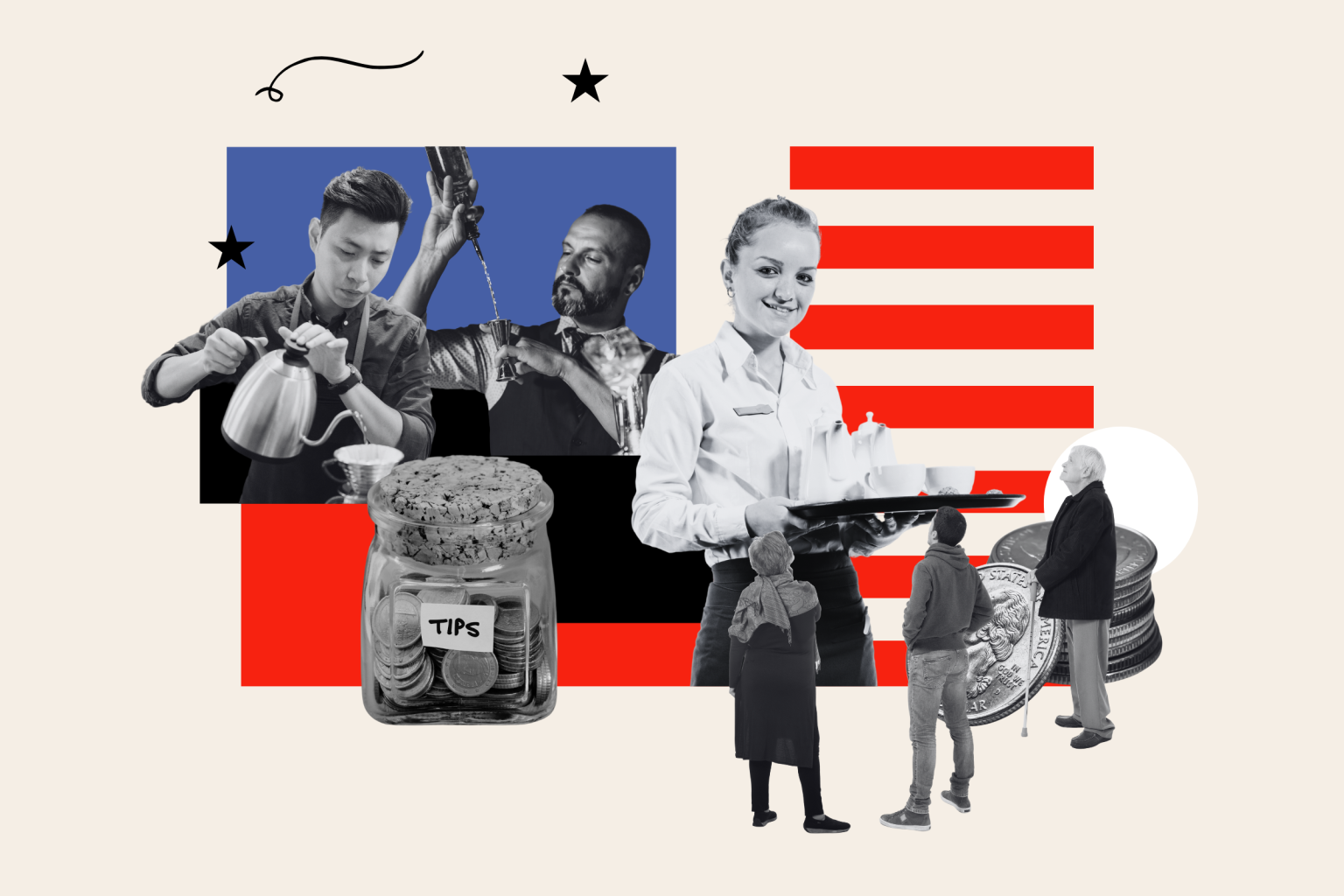A recent survey conducted by Talker Research in September 2024 found that the majority of Americans believe tipping should be optional, with 73 percent of respondents favoring optional tipping compared to only 22 percent who believe it should be mandatory. While there was some generational difference in opinions, with Gen Z and Millennials more likely to support mandatory tipping, older generations like Boomers and the Silent Generation were more likely to prefer tipping to be optional.
Mary King, a former restaurant manager and editor of restaurant business advice site The Restaurant HQ, explained that tipping culture in the U.S. is complex and unravelling it would be challenging. Tipped workers often work irregular hours and are expected to be available during busy times, making tipping an important source of income. The survey’s findings reflect a broader conversation about tipping culture in the U.S., which dates back to the mid-19th century and has deep roots in the hospitality industry.
Tipping was introduced to the U.S. by wealthy Americans returning from Europe, where tipping servants was seen as a sign of sophistication. It became more common in the Reconstruction era following the Civil War, particularly in the hospitality industry where newly freed slaves relied heavily on tips to make a living. Despite the Fair Labor Standards Act establishing a minimum wage in 1938, tipped workers were excluded from its provisions and a separate, much lower minimum wage for tipped workers was introduced in 1966, a policy that still exists today.
Author and etiquette expert Richie Frieman, also known as The Modern Manners Guy, highlighted the importance of tipping for jobs like waitstaff and hotel staff where service quality is crucial. However, he noted that tipping has expanded into new areas post-COVID, creating awkward situations for consumers. Tipping has become a practice of guilt rather than gratitude, with establishments like Starbucks, pizza take-out, and fast-food places now expecting tips, which was not as common prior to the pandemic.
Currently, the federal minimum wage for tipped workers is $2.13 per hour, with tips expected to make up the difference up to the standard minimum wage. However, only seven states—Alaska, California, Minnesota, Montana, Nevada, Oregon, and Washington—require employers to pay tipped workers the full state minimum wage before tips. The survey conducted by Talker Research sheds light on the complexities of tipping culture in the U.S. and highlights the differing opinions among Americans on whether tipping should be optional or mandatory.








